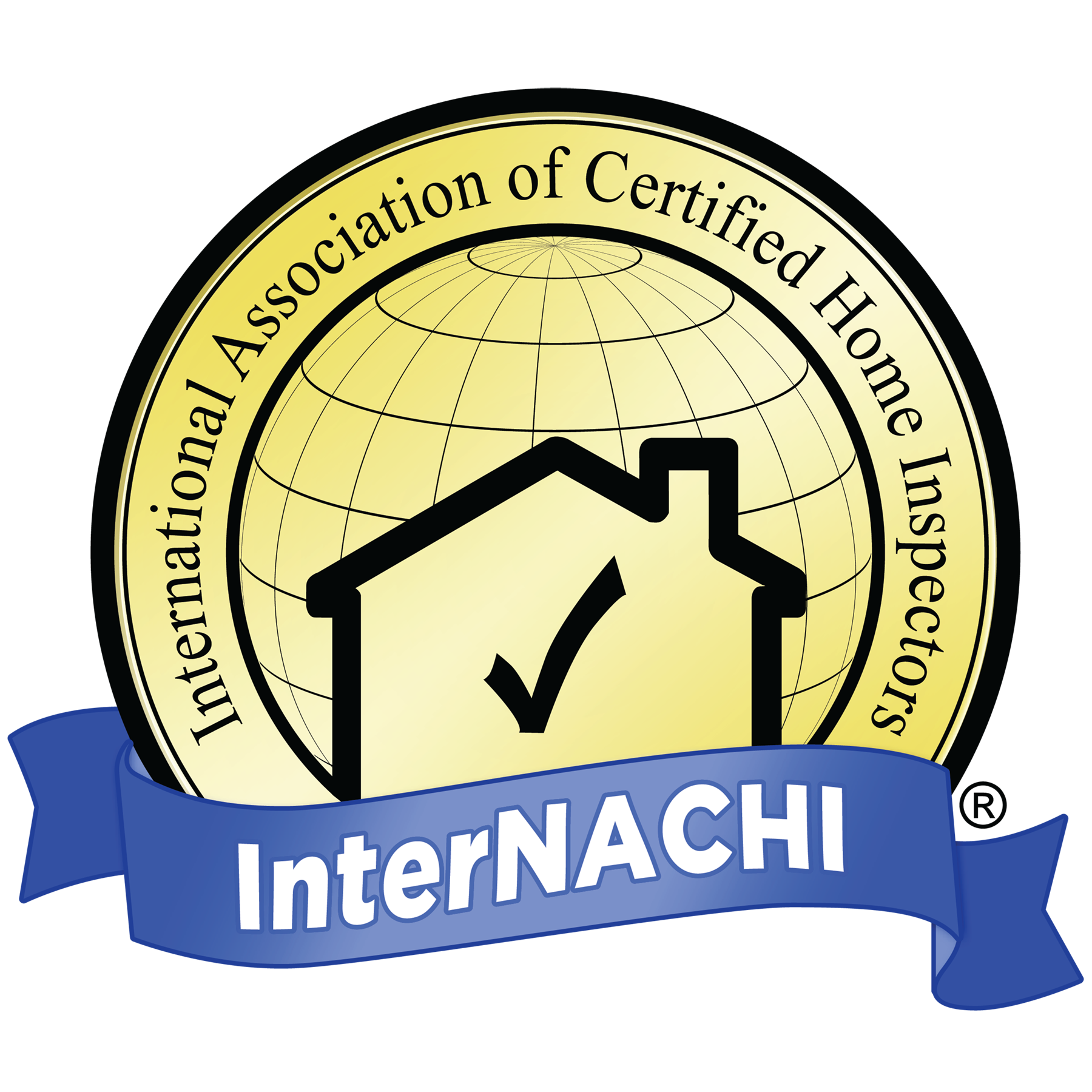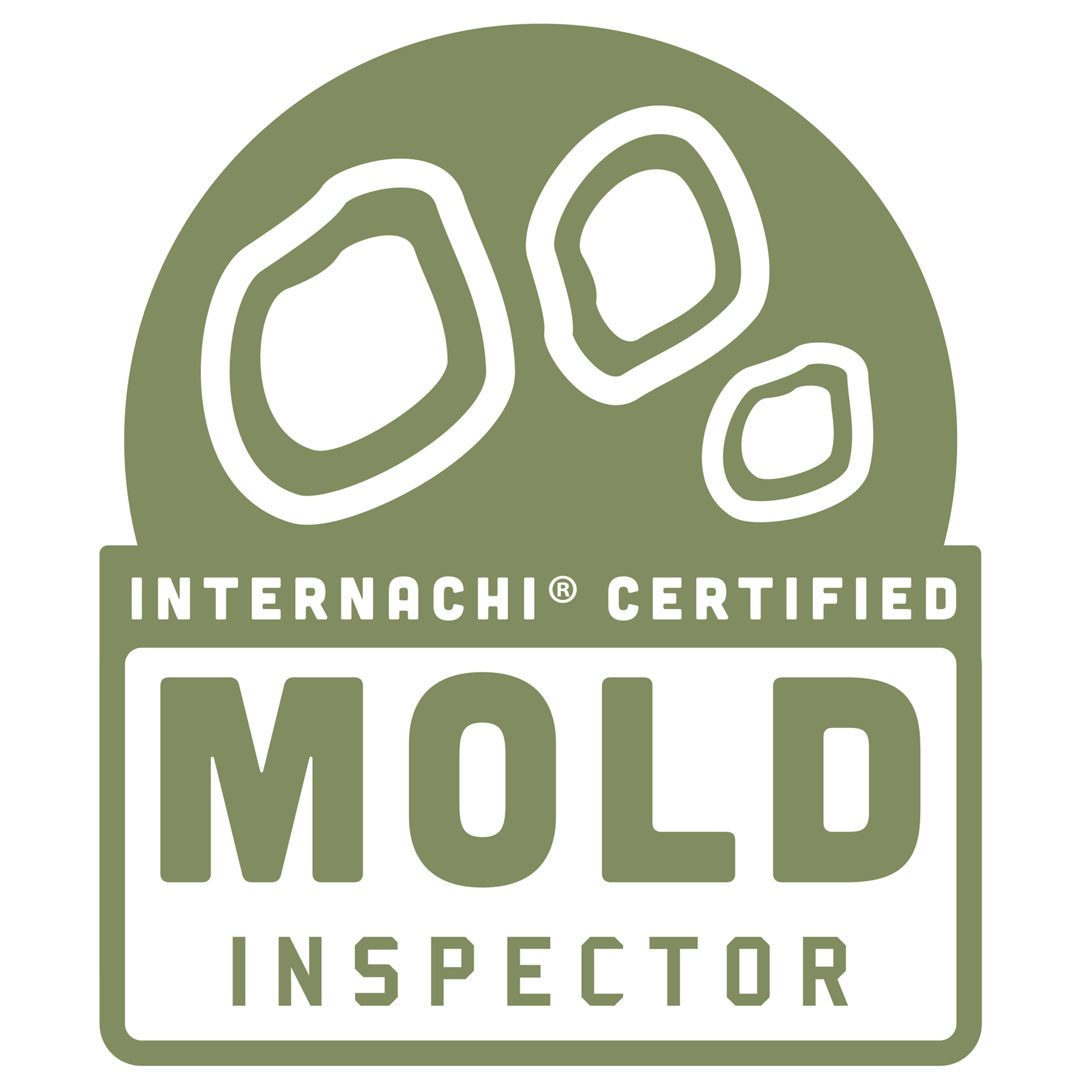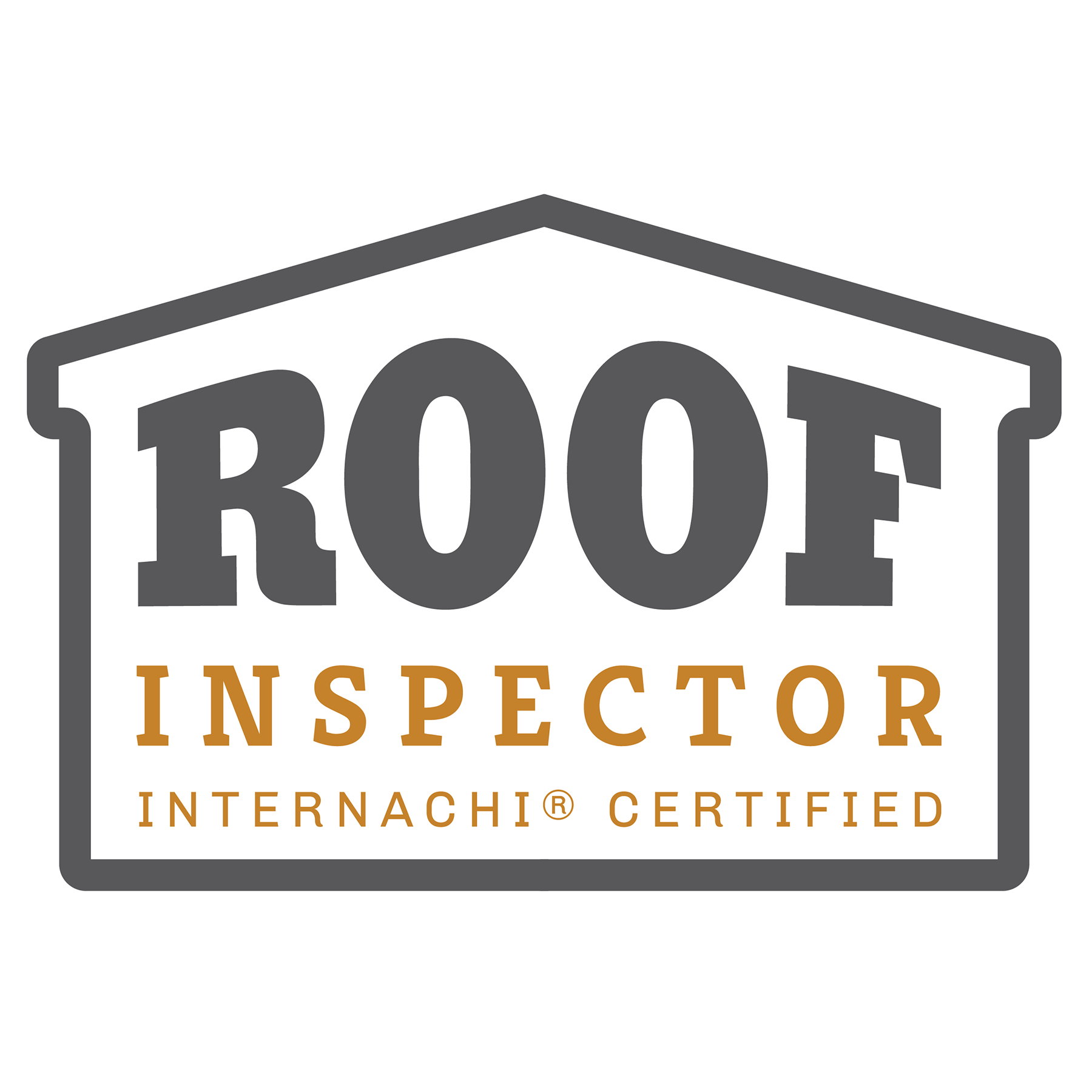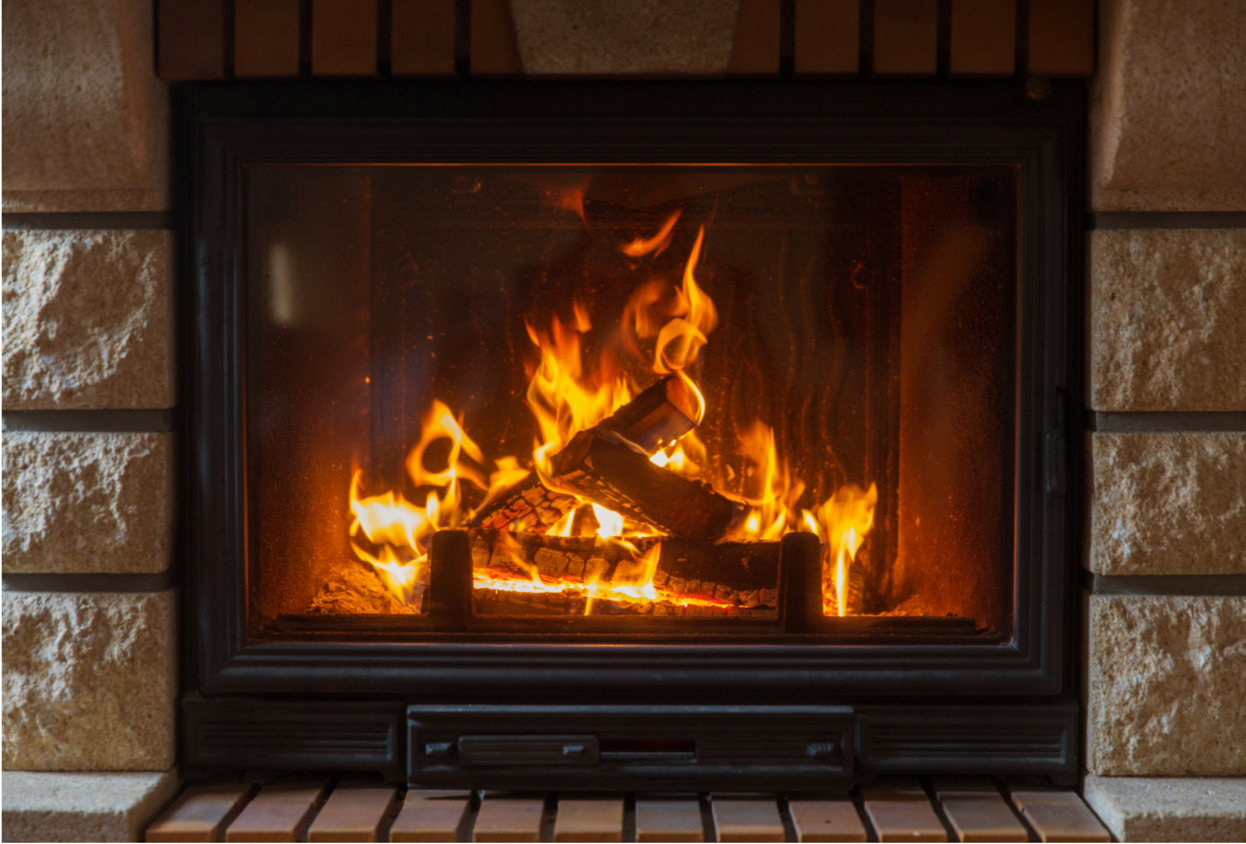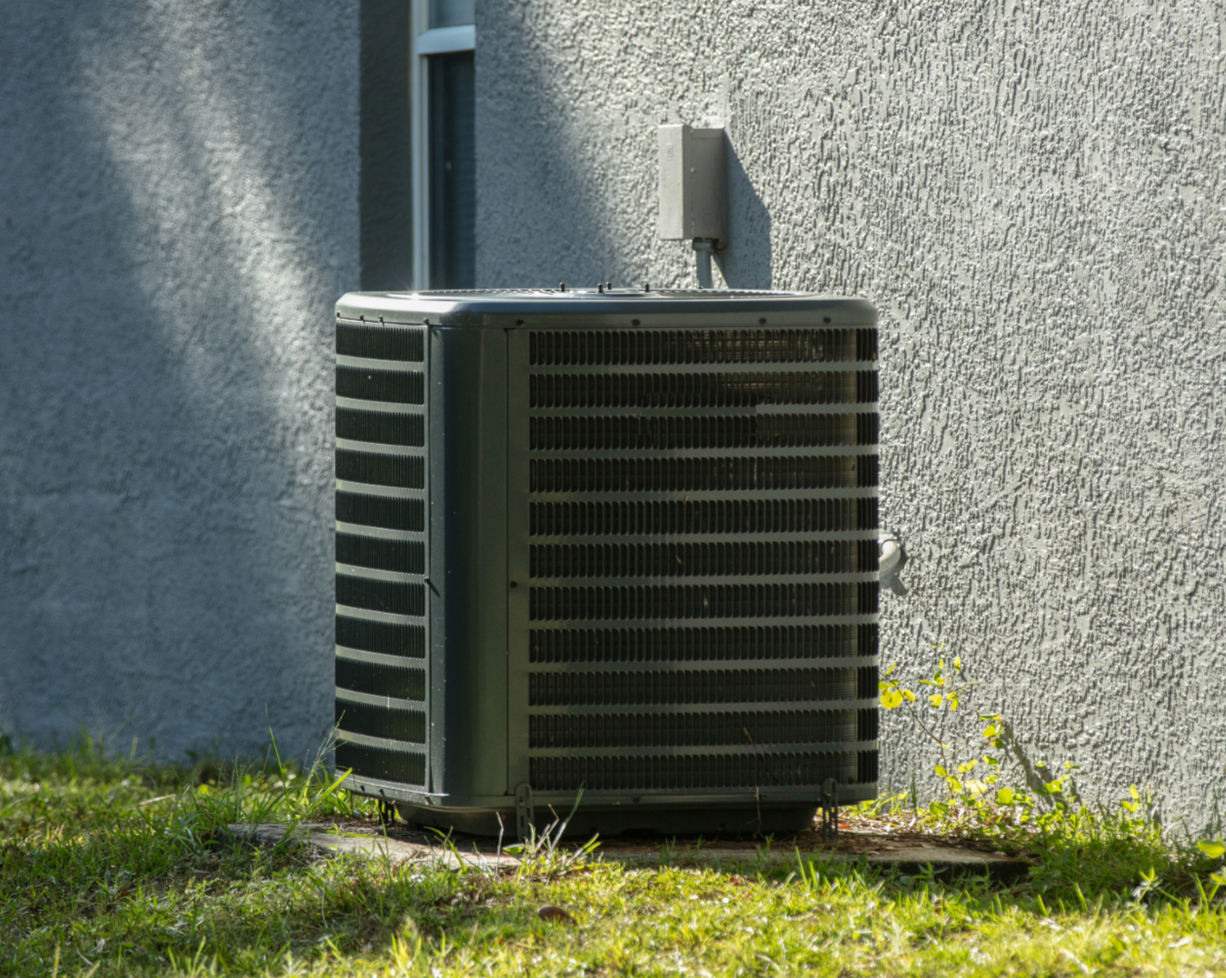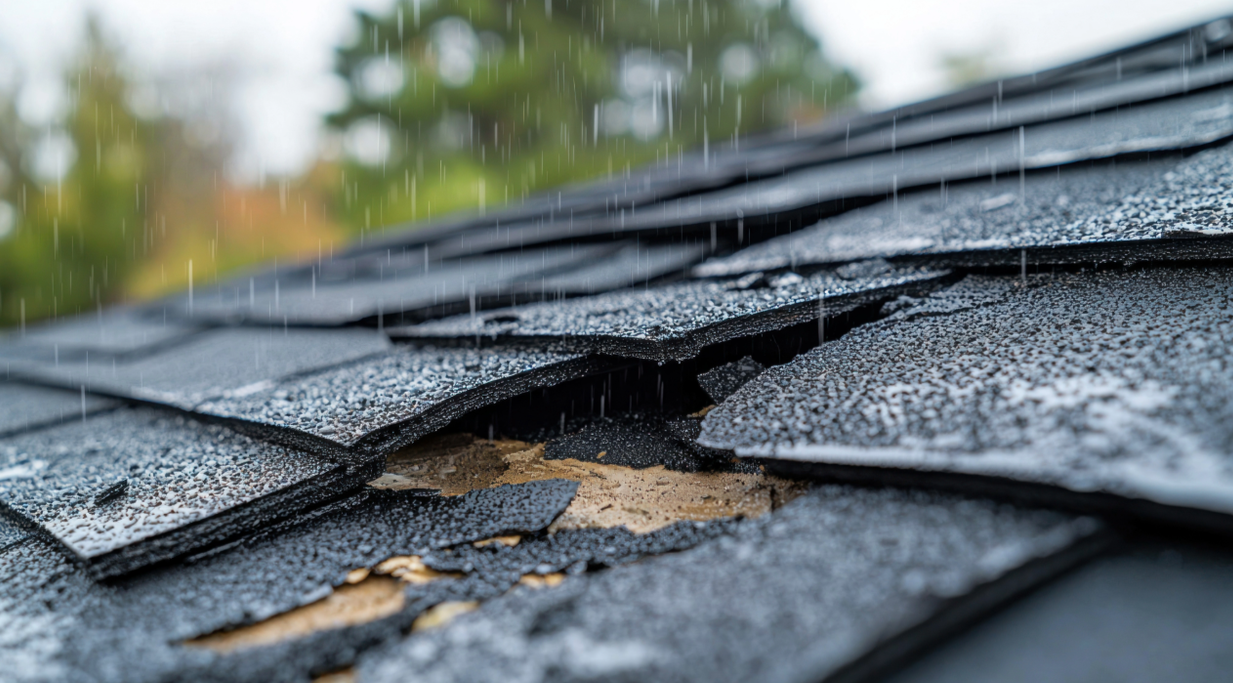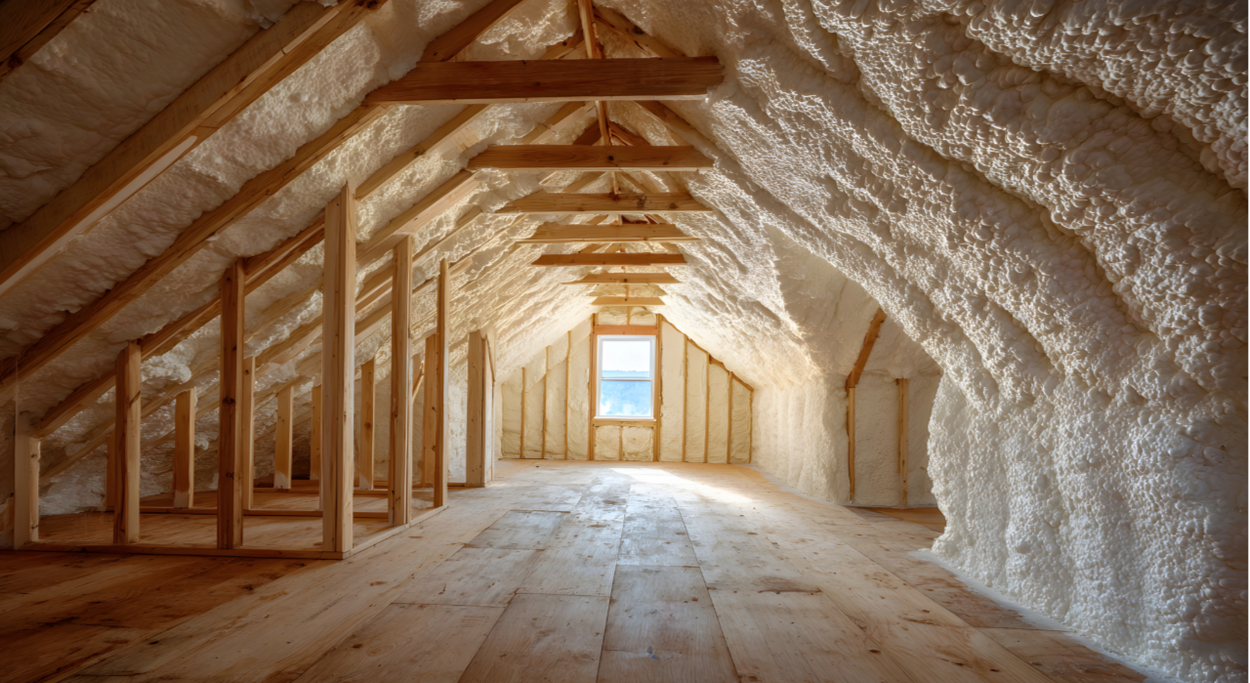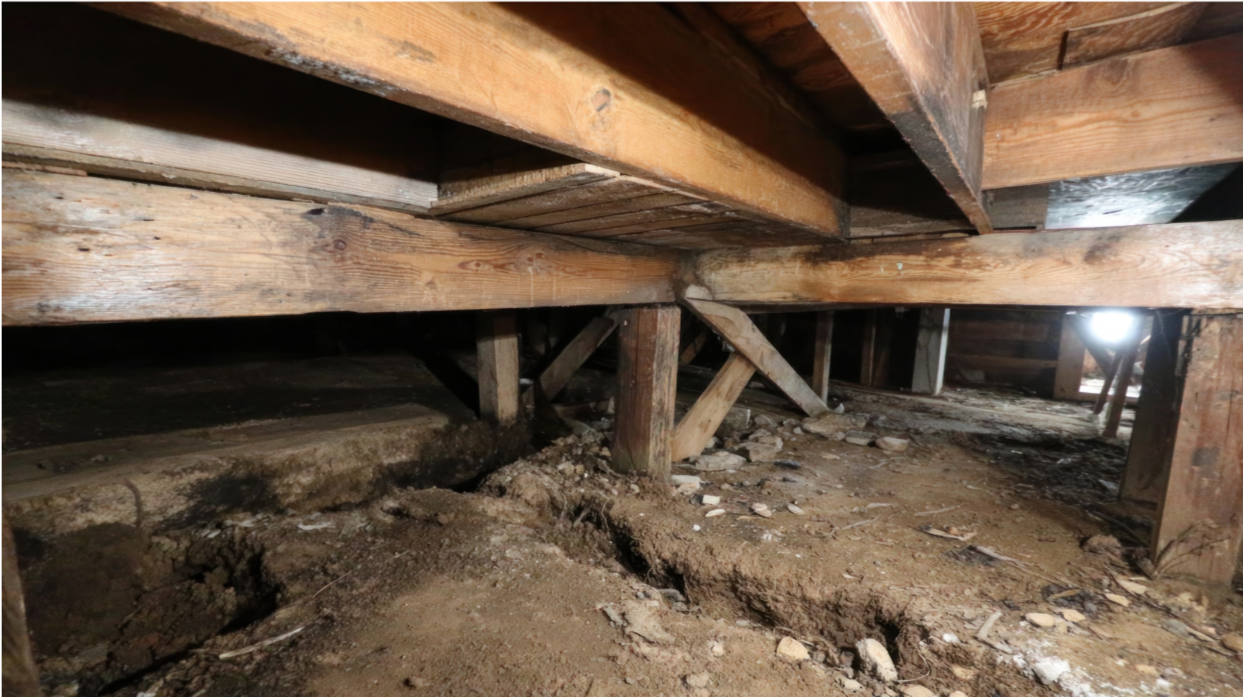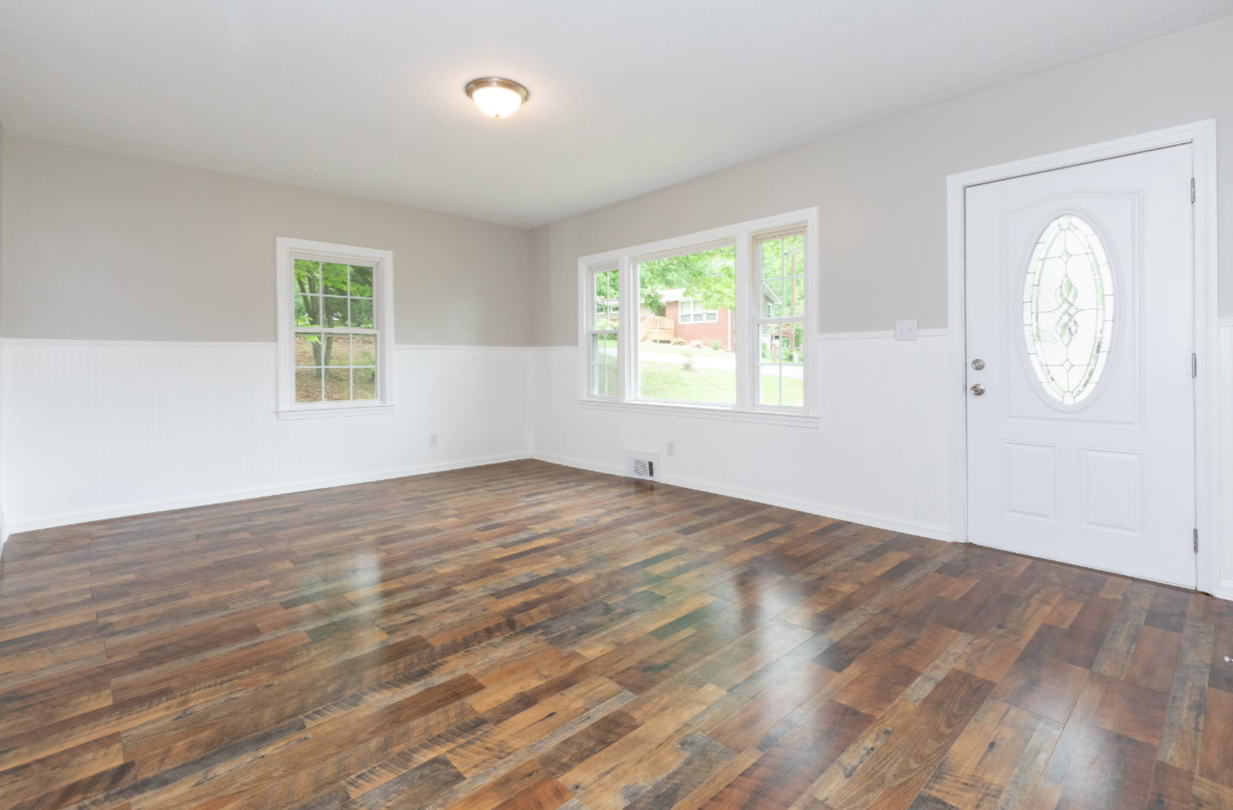
YOUR INSPECTION
Helping you understand and know your home before buying or selling.
A HOME INSPECTION SERVICE YOU CAN TRUST
Whether you’re in the process of buying, selling, or just keeping up with your home, Mountain View Inspections is here for you, ready to provide friendly and reliable service from your very first call. Our inspections are thorough and designed to be easy to understand, ensuring you have all the information you need to make smart decisions about your property.
We follow the trusted Standards of Practice set by InterNACHI, a well-respected name in the home inspection world. Our detailed inspections will help you find any urgent issues that need attention right away, as well as those maintenance concerns that could affect your home’s comfort and value down the line.
After we complete the walkthrough, we’ll sit down with you and your real estate agent to chat about the home’s condition, making sure we explain everything clearly. You’ll also receive a detailed report that’s easy to read and filled with photos and descriptions of what we inspected. This will help you feel confident and well-informed as you move forward with your home journey.
-
It's a visual assessment of a property's readily accessible components and systems to identify material defects and safety concerns.
-
It provides buyers with crucial information about the property's condition, helping them make informed decisions and potentially negotiate repairs or price adjustments.
-
A comprehensive inspection covers the roof, exterior, structure, electrical, plumbing, heating/cooling, interior, insulation, and ventilation.
-
Absolutely! While your presence is not required, we strongly encourage you to come along for the inspection. You'll have a much better idea of the condition of the home when you can see any issues first-hand.
-
Buying a home is typically the biggest investment you will ever make, so it's important to get a home inspection because the inspector should be able to discover and document defects that may or may not be obvious to you as a prospective buyer.
Frequently Asked Questions
-
A home inspection includes checking for any structural issues such as foundation cracks, roof leaks, plumbing issues, electrical wiring, heating/cooling systems, insulation, windows, doors, chimneys, etc. Depending on how big the property is, a home inspection typically takes 2-3 hours.
-
Ensure all inspection points are free from clutter, including any closets that might lead to a crawlspace or attic, and clearing some space around your home’s perimeter. It’s also important to check the functionality of all built-in appliances, electric, and gas. If you don’t plan to attend the inspection, make sure your inspector has access to the home, and all pets are properly contained or moved.
-
A home doesn’t pass or fail an inspection. Instead, a home inspection is a thorough audit of your home’s components. In most cases, there will be concerns marked on your home inspection report, but these are strictly informative.
-
While you can legally skip a home inspection in many cases, doing so could mean you may end up buying a home that has major issues that need to be fixed.
-
While a home inspector may recommend some minor repairs, they are not qualified to make major repairs. He or she can provide information about what needs to be repaired — and it might be helpful to know that information — but the decision to actually do the work lies solely with the homeowner. Not only does this give you the freedom to choose your contractors, but it also helps prevent a conflict of interest.
BENEFITS OF A HOME INSPECTION
INFORMED DECISON-MAKING
A home inspection provides a comprehensive assessment of the property's condition, including its structure, systems, and potential issues. This allows buyers to make a more informed decision about whether to proceed with the purchase, potentially renegotiate the price, or even walk away from the deal if significant problems are uncovered.
SAFETY AND PEACE OF MIND
Home inspections can identify potential safety hazards, such as faulty wiring, gas leaks, or structural issues. Addressing these hazards before moving in ensures a safer living environment for the new homeowners and provides peace of mind.
BUDGETING FOR FUTURE REPAIRS
By identifying potential issues, the inspection helps buyers anticipate future repair costs and plan their budget accordingly. This proactive approach can prevent unexpected expenses down the line and allow for more effective long-term financial planning.
Certified & Licensed Inspector
WHAT IS IN A HOME INSPECTION?
-
Cooling system, location of thermostat, energy source and cooling method.
-
Roof coverings, gutters, downspouts, vents, flashing, skylights, chimney, roof penetrations and the general structure of the roof.
-
Heating system, location of thermostat, energy source and heating method.
-
Insulation and ventilation of unfinished spaces, including attics, crawl spaces, foundation areas and exhaust systems.
-
Siding, windows, exterior doors, flashing & trim, walkways, driveways, stairs, patios & decks, and drainage.
-
Service drop, overhead service conductors, service head & mast, main service disconnect, panelboards, grounding, switches, light fixtures, receptacles deemed to be AFCI & GFCI, and the presence of smoke alarms & carbon monoxide detectors.
-
Dishwasher, garbage disposal, range, oven, microwave, refrigerator, exhaust, bathroom heater, garage door, doorbell, and dryer vent.
-
Visible portions of the fireplace & chimneys, lintels, damper doors, and cleanout doors & frames.
-
Main water & fuel supply shut-off valves, water heater, interior water supply, toilets, sinks, tubs, showers, drain, waste and vent systems.
-
Foundation movement, cracks, structural concerns, and indication of water penetration.
-
Representative number of doors & windows, floors, walls, ceilings, stairs, railings, garage door and openers.



